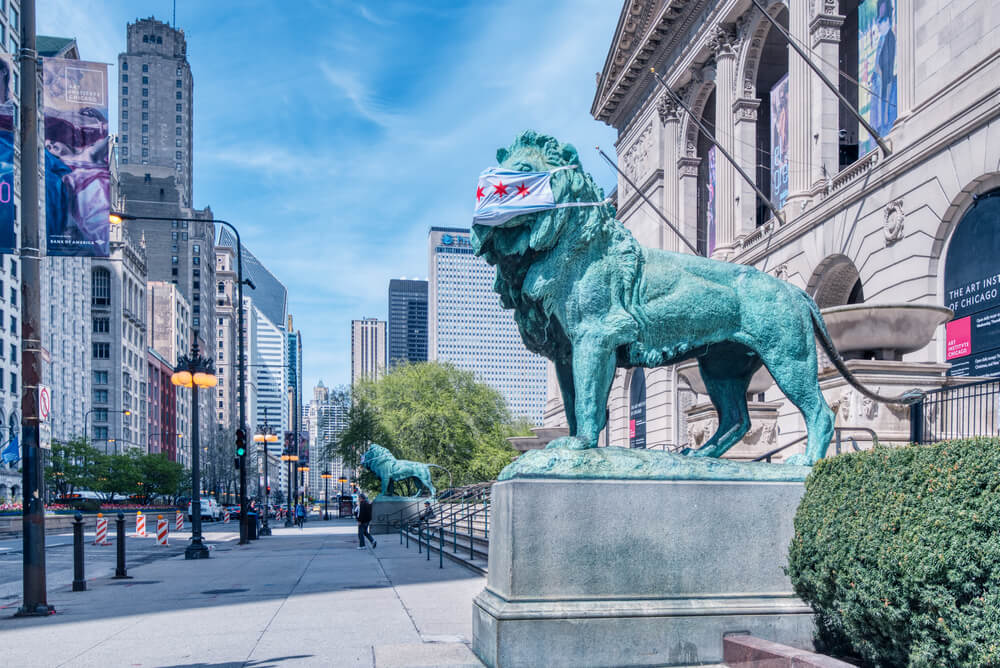



Get new exclusive access to healthcare business reports & breaking news




The COVID-19 pandemic changed almost every aspect of our daily lives, not least how we seek medical advice. From the amount of time we spent at home to how we exercised and communicated with friends. There were sweeping changes to every industry, including leisure, fitness, and even sports.
International travel as we know it changed, kids saw the gates to their favorite playparks bolted shut, and there were even changes in the US to the betting rules from New Jersey to Michigan. The world will never be the same again, but that isn’t necessarily a negative, and as we all re-build our lives, some features of the “new normal” will be here to stay for generations to come. We may even look back on them as changes for the better. Who thought working from home would be encouraged?
At the height of the pandemic, many doctors’ surgeries, pharmacists, and even accident and emergency rooms at hospitals were overrun, with everyone from receptionists to surgeons pushed to breaking point. We were all forced to adapt and improve how we interact with healthcare, relying less on doctors and more on technology.
This article highlights some of the changes we believe will become part of life. These are the new rules that will live with us much longer than COVID-19 ever could, and they are designed to improve the service for all.
In the past, many of the sick, ill, and even concerned would phone their doctor for surgery and book an appointment. Depending on how busy your GP was, they may be given a slot that same day or later that week. It was a process we all knew, understood, and were familiar with, but it was far from ideal, especially for the surgery.
If you were in luck, you would be given an appointment to see your doctor later that day, would go in, be treated and given advice. Some of us living in busier areas may wait for a few days, and often, by the time your appointment came up, you were better. You would then cancel or simply not appear for your slot and think nothing else about it.
While you were sat at home or work, delighted you were on the mend and no longer in need of an appointment to see your GP, the no-show threw the entire schedule off, denying people who needed your time slot without help.
During the pandemic, most medical surgeries asked patients to call in the morning – by 8 am, for example – and you’d be seen later that day. If all appointments were filled for that day, you would be asked to call back the next morning. Waiting in a queue listening to classical music was frustrating, but it made sure you phoned early to beat the rush and made it to your appointment in fear of not knowing when you could get another.
That’s an approach we are seeing used even after the madness of the pandemic has died down. It’s not something that everyone agrees with, but it’s something that works and something we must learn to accept.
We are no longer restricted to seeking medical advice face to face. A generation ago, people would visit a doctor’s surgery each time they needed a diagnosis, or the doctor/nurse would do a home visit. Pressure on healthcare professionals today makes that impossible in most cities and towns.
Contact your GP, and you will be offered an appointment that suits both the patient and the doctor. Far more common today than pre-covid is remote consultations, such as over the phone or through a live streaming app. This allows you to access help from the comfort of your home, and it means the doctor can see more patients on a day.
Remember, at a kid’s party, the birthday boy or girl would blow out candles – saliva flying everywhere – only for the cake to be sliced up and eaten. Small things like that seem incredible now, but it’s not the only thing.
The wearing of face coverings has become common practice for some, while all of us know that we should be washing our hands more frequently and more thoroughly throughout the day.